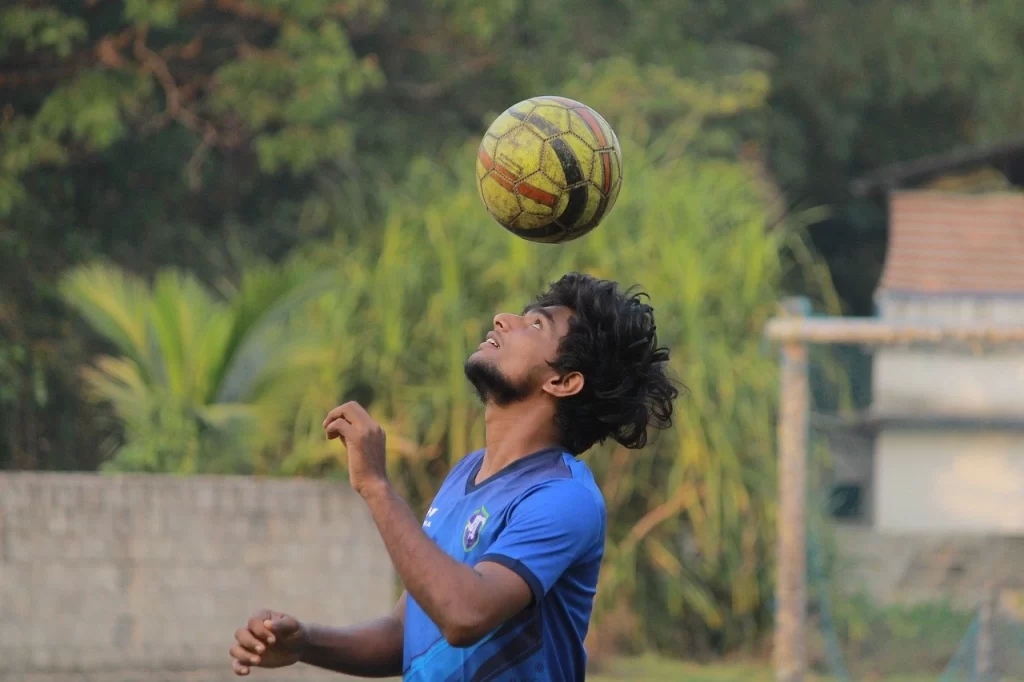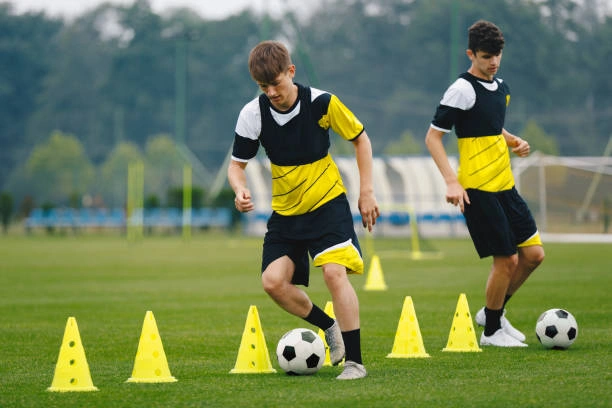Introduction
Youth football is more than just a sport; it’s a platform for young athletes to learn teamwork, discipline, and perseverance. For coaches and parents, developing effective youth football practice plans is essential to nurture these qualities. In this comprehensive guide, we’ll explore the key components of a successful practice plan, providing valuable insights, practical tips, and real-world examples tailored to youth coaches, football enthusiasts, and parents. By the end of this post, you’ll have a clear roadmap to help your young athletes thrive on and off the field.
Understanding the Importance of Structured Practice Plans
Structured practice plans are critical for maximizing player development and ensuring that each session is productive and engaging. A well-organized practice keeps players focused, minimizes downtime, and allows coaches to cover all necessary skills and tactics.
Benefits of a Structured Practice Plan

First, structured practice plans help coaches stay organized and ensure that every minute of practice is utilized efficiently. This is vital for maintaining player engagement and minimizing idle time, which can lead to distractions and decreased motivation.
Additionally, structured plans allow coaches to track player progress over time. By systematically incorporating skill drills, tactical exercises, and conditioning routines, coaches can monitor improvements and identify areas that need further development.
Finally, structured practice plans instill discipline in young athletes. Knowing what to expect from each session encourages players to come prepared and mentally ready to train. This consistent approach fosters a strong work ethic and commitment to the sport.
Key Components of an Effective Youth Football Practice Plan
Creating a successful practice plan involves several key components that must work together seamlessly. Let’s break down each element to understand its importance and role in player development.
Warm-Up Drills
Warm-up drills are essential for preparing players physically and mentally for practice. These exercises should increase heart rate, stretch muscles, and improve flexibility, reducing the risk of injury.

Dynamic stretching, jogging, and agility ladders are great warm-up activities. These exercises not only get the blood flowing but also help improve coordination and balance.
Incorporating ball-handling drills into the warm-up can be beneficial. Activities like dribbling through cones or passing drills help players transition smoothly into more intense training sessions.
Skill Development Drills
Skill development is the foundation of any youth football practice. Coaches should focus on fundamental skills such as dribbling, passing, shooting, and defending. These core abilities are crucial for player success.
Dribbling drills, such as zig-zag dribbling or one-on-one challenges, enhance ball control and agility. These exercises should be varied to keep players engaged and challenged.
Passing drills, including short passes, long passes, and combination plays, improve accuracy and teamwork. Practicing these skills under pressure conditions can simulate game situations, making players more adaptable.
Shooting drills should aim to develop both power and precision. Activities like shooting from different angles and distances help players become more versatile attackers.
Tactical Training
Tactical training sessions teach players how to read the game, make strategic decisions, and execute plays effectively. This aspect of practice is crucial for developing game intelligence and teamwork.
Introducing basic formations and positioning concepts early on is important. Coaches should explain the roles and responsibilities of each position, helping players understand how to work together as a unit.
Small-sided games are excellent for teaching tactics. These games provide opportunities for players to practice decision-making, communication, and positioning in a controlled environment.
Analyzing game footage can also be beneficial. Reviewing previous matches allows players to identify strengths and weaknesses, learn from mistakes, and apply those lessons in future games.
Conditioning and Fitness

Football is a physically demanding sport, and conditioning is vital for maintaining high performance levels throughout the game. Incorporating fitness drills into practice plans helps build endurance, speed, and strength.
Interval training is an effective conditioning method. Alternating between high-intensity exercises and rest periods mimics the stop-and-start nature of football, improving players’ cardiovascular fitness.
Strength training exercises, such as bodyweight workouts or resistance band exercises, enhance muscle strength and reduce injury risk. These workouts should focus on both upper and lower body strength.
Flexibility and mobility exercises, including static stretching and yoga, should be included in the cool-down phase. These activities help prevent muscle stiffness and promote recovery.
Cool-Down and Recovery
Cool-down exercises are crucial for aiding recovery and preventing injuries. This phase should gradually decrease heart rate and stretch muscles used during practice.
Static stretching is effective for cooling down. Focus on major muscle groups, holding each stretch for at least 30 seconds to improve flexibility and reduce muscle soreness.
Incorporating relaxation techniques, such as deep breathing or meditation, can help players unwind mentally. This practice promotes overall well-being and prepares them for future training sessions.
Mental Training
Mental training is often overlooked but is essential for developing well-rounded athletes. Building mental resilience, focus, and confidence can significantly impact performance.
Visualization techniques can be powerful tools. Encouraging players to visualize successful plays or overcoming challenges helps build a positive mindset.
Goal-setting exercises motivate players to strive for continuous improvement. Setting specific, measurable, achievable, relevant, and time-bound (SMART) goals provides a clear roadmap for progress.
Mindfulness practices, such as meditation or breathing exercises, enhance concentration and reduce anxiety. These techniques help players stay present and focused during games.
Building a Weekly Practice Schedule
Creating a balanced weekly practice schedule ensures that all aspects of player development are addressed. Here’s an example of a well-rounded practice plan.
Monday – Skill Development Focus
Start the week with a focus on fundamental skills. Begin with a dynamic warm-up, followed by dribbling, passing, and shooting drills. Include small-sided games to reinforce skills in game-like situations.
Wednesday – Tactical Training
Midweek practices should emphasize tactical training. Start with a warm-up, then introduce formations and positioning concepts. Use small-sided games to practice decision-making and teamwork.
Friday – Conditioning and Mental Training
End the week with a combination of conditioning and mental training. Begin with interval training and strength exercises. Conclude with cool-down stretches, visualization techniques, and goal-setting exercises.
Engaging Parents and Building Community
Involving parents in the practice process fosters a supportive environment and builds a strong sense of community. Here are some ways to engage parents effectively.
Communication is Key
Regularly update parents on practice schedules, goals, and progress. Use newsletters, emails, or team meetings to keep them informed and involved.
Encourage Participation
Invite parents to attend practices and games. Their presence and support can boost player morale and create a positive atmosphere.
Provide Resources
Share resources, such as articles, videos, or workshops, to educate parents on youth football development. This knowledge empowers them to support their child’s growth effectively.
Creating effective youth football practice plans is essential for developing well-rounded, skilled, and motivated athletes. By incorporating structured practice sessions, focusing on skill development, tactical training, conditioning, and mental resilience, coaches can help their players reach their full potential. Engaging parents and building a supportive community further enhances the youth football experience. Start implementing these strategies today and watch your young athletes thrive on and off the field.

